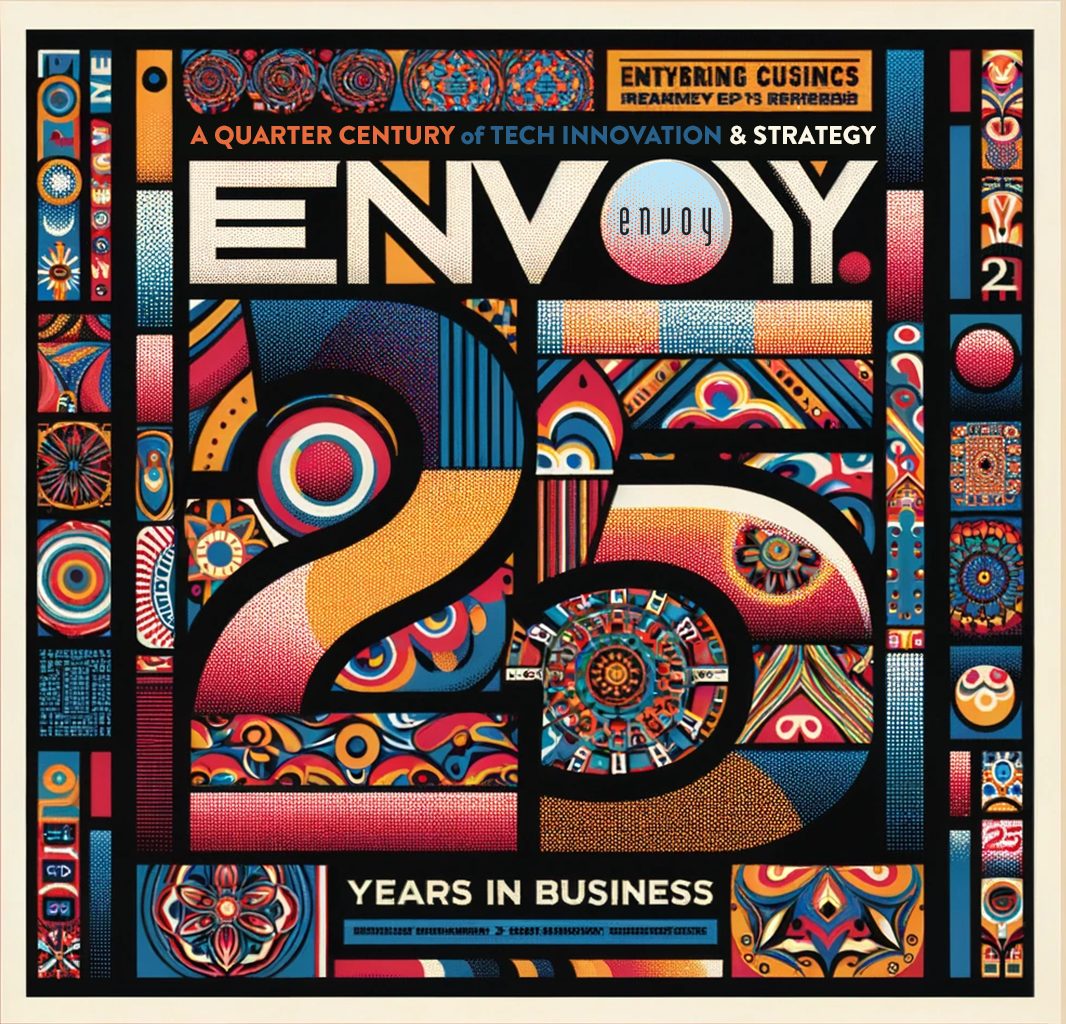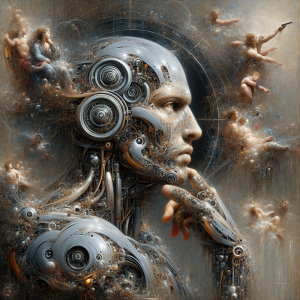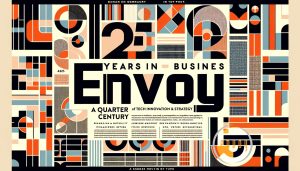After building a lot of tech I realized something – we’re all obsessed with the wrong thing. Early in my career, I was that person staying up late tweaking UI elements, convinced that building the perfect product was the key to everything. Nope.
Here’s what actually matters: recognize that your value is not in the product but in the clarity of thinking deployed to deliver the product. These are different things. Period.
When we see projects fail, we all know the product wasn’t the problem. The thinking was. We’d been so caught up in building the “perfect” thing that we forgot to ask basic questions like “who actually needs this?” and “why would they switch from what they’re using now?” We were solving problems that looked good in pitch decks but didn’t matter in the real world.
The thing about building products is that it’s addictive. Writing code, designing interfaces, shipping features – it feels like progress. It’s tangible. You can point to it and say “I built that.” But the hard part, the part that actually matters, is the thinking that goes into every decision along the way.
Here’s what I wish someone had told me earlier: Your product will change. Maybe a little, maybe completely. But the way you think about problems – how you analyze markets, understand user needs, spot opportunities – that’s what carries you through the long haul. That’s what helps you adapt when your perfect plan inevitably hits reality.
I see too many founders caught up in the same trap I was in. They’re pulling all-nighters perfecting features that nobody asked for, convinced that if they just make their product a little bit better, success will follow. But here’s the truth: most products fail not because they’re badly built, but because they’re solving the wrong problems or solving them in the wrong way.
I’m not saying products don’t matter. They do. Bad execution can kill even the best idea. But your real value as an entrepreneur isn’t in the lines of code you write or the features you ship. It’s in your ability to think clearly about problems worth solving and how to get solutions into the right hands.
When things go sideways (and they will), it’s not your product that saves you. It’s your ability to step back, look at the bigger picture, and adapt your thinking. Because at the end of the day, the best product in the world is worthless if you’re solving the wrong problem for the wrong people.
So next time you’re tempted to add another feature or pull an all-nighter tweaking that UI, stop and ask yourself: Are you building because it’s valuable, or because it’s comfortable? Are you solving real problems, or just staying busy? Remember – your thinking is your real product. Everything else is just implementation details.
























